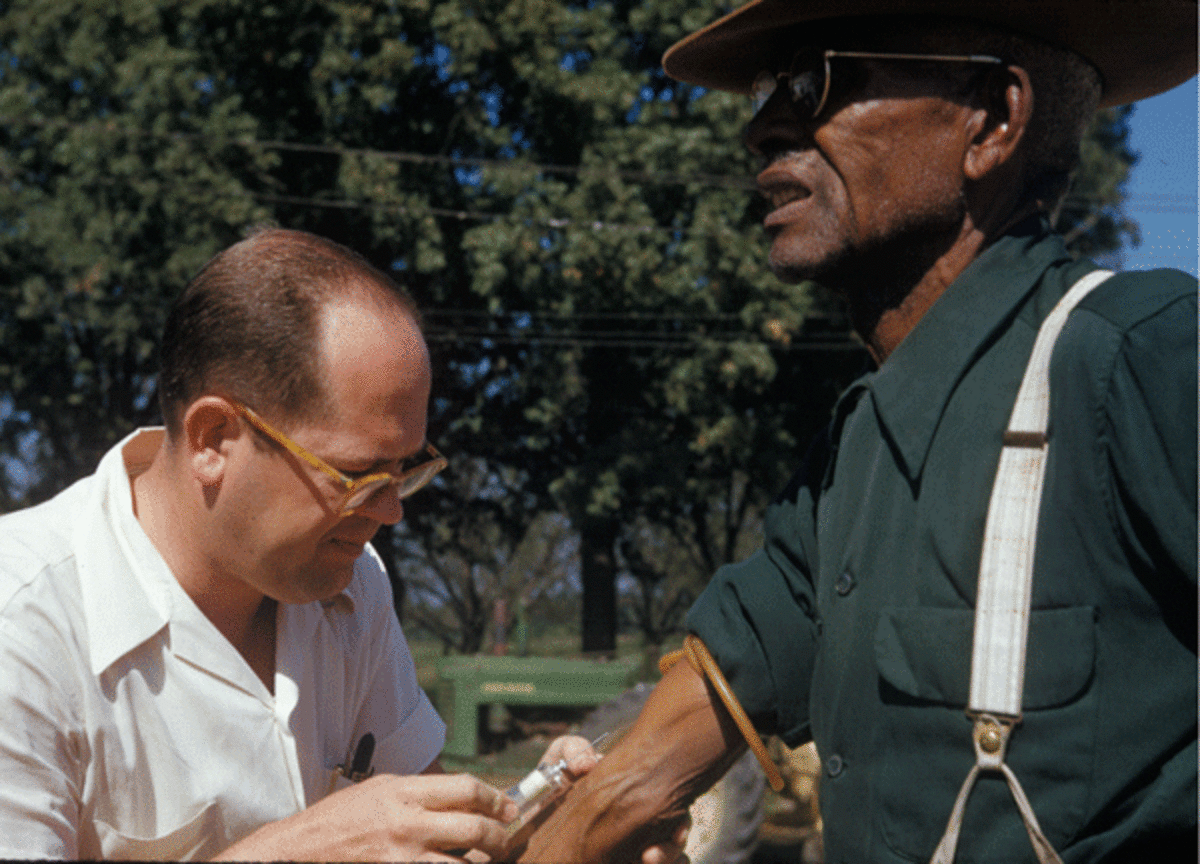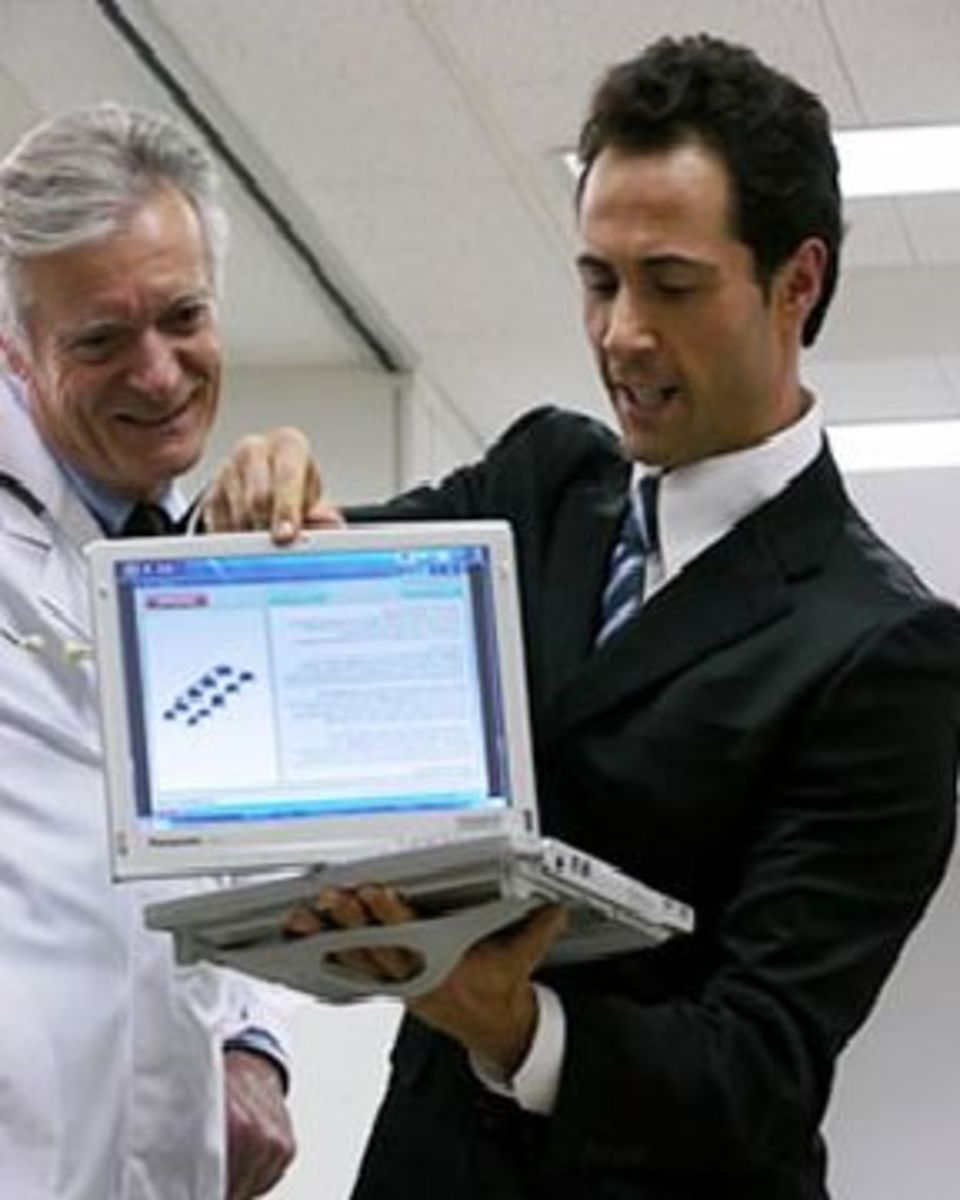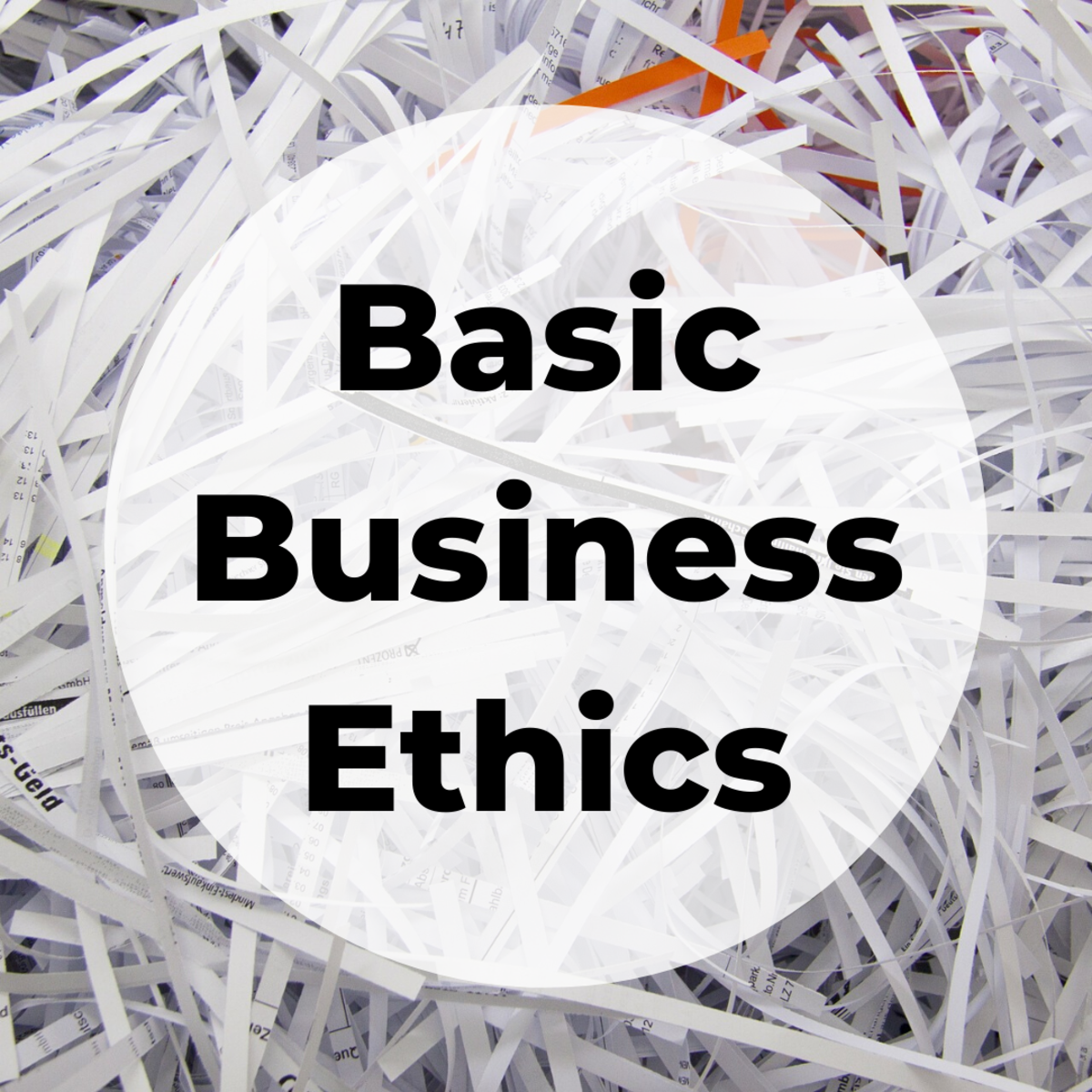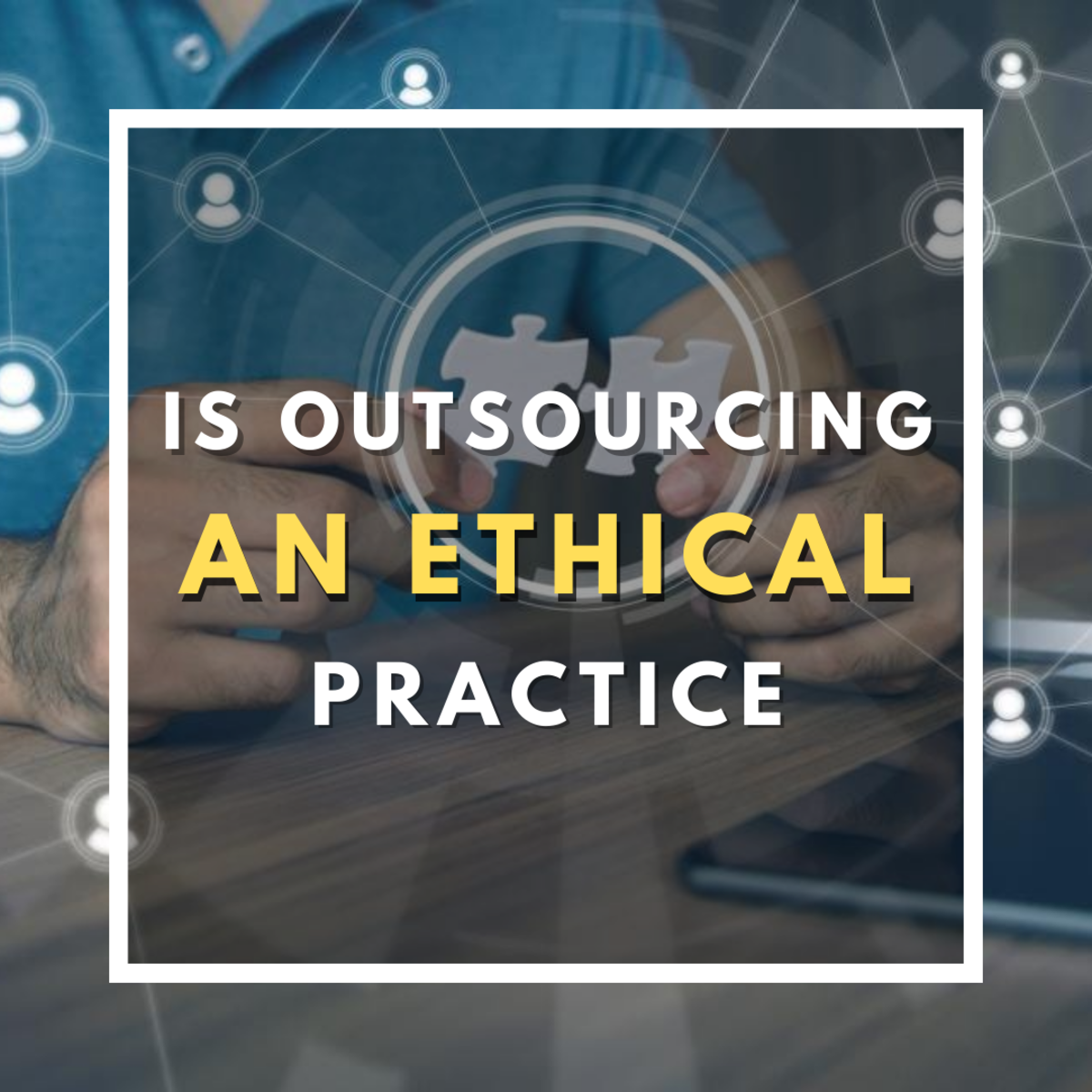Is the FDA a Fraud or a Scam?
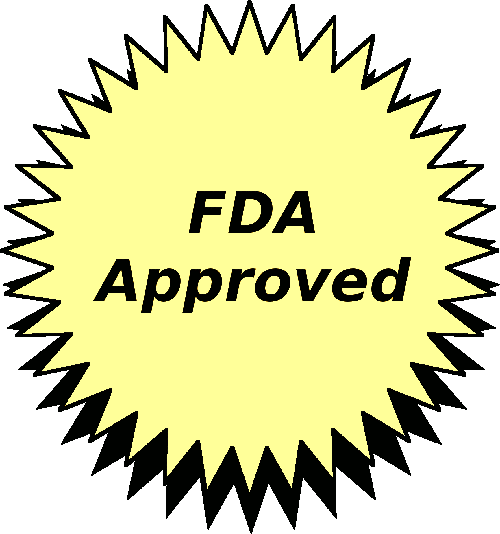
Unfortunately, FDA Approval Doesn't Mean Much These Days
Government-approved nutritional information is often inaccurate or misleading. Implantable medical devices cause cancer. Deadly medications are prescribed on a daily basis. Shocked? Sadly enough, the accusations above are all true. By promoting unhealthy foods, manipulating research studies, and approving unsafe medications, the Food and Drug Administration (FDA) fails to protect the citizens of the United States.
Who is the FDA Anyway?
Everybody has heard of the FDA, but what exactly is the purpose (or rather, the intended purpose) of the Food and Drug Administration? An excellent summary found on www.compliancehome.com, a website devoted to explaining the roles of organizations and procedures such as HIPAA, OSHA, and the FDA, describes the FDA by stating that it is, "an agency of the United States Department of Health and Human Services" that is "responsible for regulating food (human and animal), dietary supplements, drugs (human and animal), cosmetics, medical devices (human and animal) and radiation emitting devices (including non-medical devices), biologics, and blood products in the United States".
How does the FDA describe itself? A visit to their official website, www.fda.gov, shows that the FDA claims to be interested in "Protecting and Promoting Your Health". Pay special attention to the italicized "Your" in their mission statement-the FDA enjoys using that type of personal touch to play upon the emotions of unsuspecting consumers.
How Long Has the FDA Been Around?
Established in 1927, the FDA was first known as the Food, Drug, and Insecticide Administration. However, through an agricultural appropriations act, that name was shortened to the Food and Drug Administration in 1930. That means that the FDA has spent over 70 years abusing the trust of misinformed Americans who blindly believe that the FDA has their best interests at heart. Actually, cancel that statement; it is possible that the FDA was not always a cash cow cleverly disguised as a caring government agency, so feel free to assume that the Food and Drug Administration once had honorable intentions.
If You Don't Trust the FDA, You Have Other Options, Right?
Fortunately, the suspicious folks of the United States do not place all of their trust in the FDA alone; they rely on numerous other "helpful" organizations and associations to preserve their well-being. If the FDA is caught practicing bad business tactics, Americans can always turn to other organizations, such as the U.S. Department of Agriculture (USDA) for food-related issues, the American Medical Association (AMA) for health-related issues, and the Center for Drug Evaluation and Research (CDER) for information pertaining to the safety of their prescription drugs-but should they? Hardly.
Many individuals would feel extremely
betrayed if they were to realize just how many organizations actually
work closely with the FDA. Feeling confident about investing one's trust
in the U.S. Department of Agriculture? They work hand in hand with the
FDA. What about the American Medical Association? Yep, they also work
with the FDA. Surely by now, the pattern is obvious: The Center for Drug
Evaluation and Research also partners with the FDA. And that's just the
tip of the iceberg- according to a report found on
www.emedicinehealth.com, "The FDA is not a stand-alone agency and works
closely with Congress, members of the scientific community, other
federal agencies, and various industry and consumer groups". In other
words, the FDA works closely with members from all of the industries
they are supposed to regulate. Unbelievable.
But That's Illegal, Right?
"Surely this is illegal," you might be thinking. "There must be some way to stop this". Ha. Keep dreaming. In addition to working closely with pretty much every government organization known to man, the FDA also has eighty lawyers on their payroll. Do not assume that this means the FDA has eighty lawyers who they call upon as needed; these eighty lawyers are employed directly with the Food and Drug Administration. Need proof? Visit www.fda.gov/jobs, and click on the link labeled "Attorney Positions at FDA". What exactly do these lawyers do? To quote FDA's own website, they "work closely" with the Department of Justice on court litigation, the Federal Trade Commission on advertising issues, the Department of Agriculture on food products, the Environmental Protection Agency on environmental and pesticide issues, the Federal Bureau of Investigation on criminal matters, the Department of State on international matters, the Customs Service on imported products, the Drug Enforcement Administration on controlled substances, and the Postal Service on mail fraud. What exactly does all of this mean? It means that not only are Americans wasting their tax dollars on government agencies that do not protect them, they are also funding the lawyers that these manipulative organizations use to deny them of their rights. Only in America, right?
Americans are Their Own Worst Enemy
Many people have heard the song "Don't Let Me Get Me", a 2002 hit from the musical artist Pink. Pink sings that she is a "hazard to herself" and her "own worst enemy". Americans should listen closely to these lyrics and apply them to their lives; they are overly consumed with worrying about what the rest of the world is supposedly doing to intentionally harm them-for example, the tainted lead used in toys manufactured by China in 2007-to the point where they neglect to notice what is happening right in front of them in their own country. But hey, who can blame them? Maybe they are simply too malnourished to think clearly.
Remember When Food Was, Well, Still Food?
Not sure what to have for dinner tonight? Go ahead and serve up some cloned chicken breasts, an ear of genetically modified (GM) corn, and some aspartame-sweetened cookies for dessert. Feel free to wash it all down with a frosty glass of milk infested with the Recombinant Bovine Growth Hormone (rBGH). Mmmm...delicious! Worried about the risks associated with consuming these foods? No need to worry-the FDA claims that all of them are safe!
Remember the days when mom used to make a delicious meal from scratch? Well, neither does the rest of America. All-natural ingredients are a thing of the past; the new foods, if one can call them that,have been injected, modified, and chemically altered to the point where an individual participating in a blind taste test would probably be unable to recognize them in their natural state. Scary, is it not? May as well drizzle some ketchup on those beat-up Adidas or Nikes and feast on them for dinner-they might even have more nutrients than most of the food deemed okay for consumption by the Food and Drug Administration.
At Least Americans Have Choices When it Comes to What They Eat
The nice thing about the FDA is that they like to give Americans a choice when it comes to what they ingest-oh wait, nevermind; saying that the FDA makes sure Americans have a say in what they eat is like saying that Catholics and Republicans strongly support abortion. Against consuming cloned meat, but unable to commit to becoming a die-hard tofu and/or seitan connoisseur? The choice is easy enough-just buy meat that is not made from cloned animals, right? Unfortunately, the solution is not that simple; the FDA recently passed an act stating that companies do not have to divulge whether or not they use cloned animals. Enjoy that hamburger!
While cows are being discussed, why on earth would the FDA approve the use of rGBH? Recombinant Bovine Growth Hormone, a product that is injected in cows to make them produce more milk, has been shown to cause cancer in numerous studies. Other countries-for example, Europe-have banned the use of rGBH, but the FDA seems to be relatively unconcerned about the dangers of this hormone. In fact, the FDA allowed rBGH to be used after just ninety days of testing were performed on only thirty rats. Standard cancer studies of new drugs that will be consumed by or used on humans require a testing time frame of at least two years, with several hundred rats being used for the tests. But come on, be practical-who cares about a few cases of cancer when milk is a billion dollar industry? Not the FDA!
Fear not-at least folks can always avoid health risks when they take the time to consume some fresh fruits or vegetables, correct? Not everybody drinks milk or feasts on dead animals, but every diet contains fruits and vegetables, does it not? However, the only way to know for sure that the produce an individual consumes is being enjoyed in its natural state is if that individual happens to have a garden in their backyard. In 1992, the FDA decided that genetically modified (GM) foods are "substantially equivalent to conventional foods", thus making them exempt from mandatory safety testing or special product labels. However, many individuals will surely sleep better at night knowing that biotech companies have the option of conducting their own voluntary safety tests on genetically modified foods. With that in mind, America may as well allow murderers and rapists to hold their own voluntary trials to decide whether or not they should go to prison (and if they need a lawyer during their trial, perhaps the FDA can donate one).
Okay, so Americans may be consuming cloned meat and genetically modified vegetables on a daily basis, but they still have one area of their diet that can be controlled: their sugar intake. Why waste calories on an evil food like sugar when there are healthier alternatives such as Nutrasweet (the new name for aspartame)? No need to waste time obsessing over the fact that aspartame was denied 7 times before it was mysteriously deemed safe-the FDA now calmly assures U.S. citizens that it is a "healthier alternative" to sugar! Who has time to worry about bothersome side effects like kidney disease, brain tumors, and death? Go home and guzzle down a refreshing can of Diet Coke-after all, the FDA promises that they are "unable to find any link" between the 10,000 (and counting) cases of individuals suffering from aspartame-related side effects.
Prescription Drugs and Publication Bias
Luckily, people know that they can trust the FDA to be honest and thorough when it comes to testing new products; any organization that employs eighty attorneys is obviously highly against participating in unethical behavior. Perhaps the FDA's failure to demand further testing on rBGH before it was approved was an isolated incident; certainly the FDA is deeply concerned about anything that could have a negative impact on the health of U.S. citizens. With that in mind, go ahead and give them the benefit of a doubt when it comes to the research studies they are supposed to regulate; after all, the FDA assumed company reps from Parke-Davis had good intentions when unclear safety data was presented about the effects of Rezulin at a committee advisory meeting.
Unfamiliar with Rezulin? Rezulin is an antibiotic designed to control diabetes, as well as reduce inflammation, that should have never been approved by the FDA. When Parke-Davis sought FDA approval for Rezulin, they presented safety data that downplayed a major risk associated with the medication: drug-induced hepatitis, a type of liver disease. Parke-Davis assured the FDA that they would submit clarifying data if the drug was approved; Rezulin was approved, but the promised data was never submitted. Luckily, it only took numerous deaths and injuries before the FDA realized the error of their ways and pulled Rezulin off the market.
Rezulin is not the first (and most likely will not be the last) drug to be hastily approved by the FDA despite research studies that proved it was unsafe. Worried about the dangers associated with taking anti-depressants? Relax; research literature shows that 94% of anti-depressant trials have positive outcomes. But wait- further review of trial data submitted by the FDA reveals a startling fact: only fifty-one percent of these studies actually have positive results. So how, exactly, did the FDA manage to disguise the remaining 43% of trials as having favorable outcomes? The term "publication bias" immediately comes to mind.
What is publication bias? Publication bias is loosely defined as "the tendency for negative results of clinical trials to never appear in medical journals". While it is no secret to some individuals that, like it or not, the media regularly censors and controls all of the information they have access to, it is hard not to feel deceived by publication bias. However, it is nearly impossible to feel deceived by a manipulative process that most members of society have no idea exists; they are most likely too busy lauding the FDA for the wonderful job they are doing "protecting and promoting" their health.
But the FDA Still Cares About Our Health
The FDA definitely cares about the health of the citizens of the United States-that is why they stand strong by their claim that an implantable medical device called the VeriChip is safe. Thanks to VeriChip, a form of radio-frequency identification (RFID) technology, an individual can take their medical records everywhere! Senior citizens who wander away from home can be safely returned! Stolen babies can be reunited with their mothers! All it takes is a simple twenty minute medical procedure where a scannable electronic chip containing an individual's encrypted personal number is injected into their upper arm-and voila! Instant cancer risk. Grandma just might wander away from home and be quickly returned- along with a few malignant tumors. One has to appreciate the marvels of modern-day technology.
No need to get too upset with the FDA, though; according to them, they had no knowledge of the fact that research studies and experiments conducted on thousands of mice from 1996-2006 caused malignant tumors to develop around the implanted chips. Even after being informed of these studies, the FDA maintains their claim that the devices are safe, with a comforting statement issued by FDA spokeswoman Karen Riley, assuring Americans that "there appears to be no credible cause for concern" about the risk of VeriChip-induced tumors. However, the FDA does admit some risks exist with the implantation of VeriChips: the capsules can migrate around the body, they can interfere with defibrillators, they may be incompatible with MRI scans, and they may also cause "adverse tissue reaction". The FDA fails to mention that these adverse tissue reactions are actually malignant tumors. Oops-mistakes happen!
Mistakes
However, the interesting thing about mistakes is that, in an attempt to avoid repeating them, individuals often tend to analyze what went wrong. Unfortunately, learning from one's mistakes appears to be a concept that is entirely foreign to the fine folks employed by the Food and Drug Administration. Then again, why change when there are no repercussions?
Individuals employed by the FDA in America should be thankful that they do not reside in China; Chinese FDA leader, Zheng Xiaoyu, was castrated in 2007 after being convicted of accepting over $800,000 in bribe money. Bribery is handled in a very different manner here in the United States: current FDA policy states that FDA decision panel experts can currently accept up to $50,000 in bribes from drug companies while still maintaining their eligibility to vote on whether a drug should be approved or rejected.
So how often does the FDA actually deny the approval of prescription drugs? Not often enough, apparently; take into consideration the fact that over 106,000 people die yearly as a result of serious drug reactions from medications that are taken and prescribed properly (remember: the FDA has the final say regarding what conditions a drug should be prescribed for, as well as how much of that drug is considered to be an acceptable dosage for a patient prescribed it). Pop quiz: which of the following medications-Vioxx, Serzone, Rezulin, Zoloft, and Lipitor- were approved by the Food and Drug Administration, despite the fact that they were proven to be unsafe? All of them.
Thank goodness for the Prescription Drug User Fee Act; this law, passed by Congress in 1992, allows the FDA to collect fees from drug manufacturers to fund- and speed up- the approval process for new drugs. Without the protection of such a ludicrous law, the FDA might be forced to actually evaluate new drugs for approval using ethical methods. Nobody wants that, right?
Final Thoughts
Just to be fair, one should toss aside notions of conspiracy theories and assume that the Food and Drug Administration is not purposely out to get the citizens of the United States; however, it is important to remember that the FDA is not doing a very good job of protecting them either. Trust has to be earned, and the FDA needs to take immediate steps to regain the respect of the people they claim they want to protect: promoting unhealthy foods, manipulating research studies, and approving unsafe medications cannot continue.





